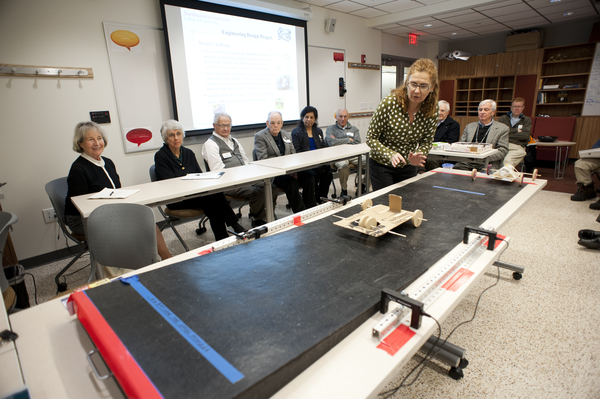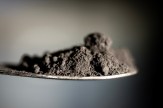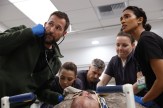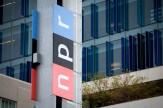Two decades of service for STEM education

The goal of RE-SEED, Northeastern’s volunteer program that trains retired scientists and engineers to assist K-12 science teachers in the classroom, is to make a lifelong difference in the lives of young learners, says Christos Zahopoulos, executive director of Northeastern’s Center for STEM Education.
At RE-SEED’s 20th annual conference on Tuesday morning in the Raytheon Amphitheater, Zahopoulos noted that the program has surpassed its goal of helping students improve their knowledge of science, technology, engineering, and math. But there is still work to be done.
“You are making a big difference in classrooms,” Zahopoulos told more than 50 volunteers in attendance. “That we have found people that are so dedicated has surpassed all of my expectations.”
Founded 22 years ago, RE-SEED is part of Northeastern’s Center for STEM Education, which seeks to build and support a community of educators, researchers, and students with the collective goal of strengthening K-12 STEM education in Greater Boston and across the nation.
Over the last two decades, RE-SEED has trained more than 700 volunteers—many of whom are Northeastern alumni—who have worked with at least 125,000 students in 14 different states. Volunteers can work alongside teachers, tutor students, or present their work to the young learners.
“The bottom line is your contribution is valued by the teachers and students and they all think you are making a tremendous difference,” Zahopoulos said.
The conference was focused on the program’s future. Zahopoulos noted that RE-SEED is looking at establish regional centers in other parts of the country and strengthen the program’s collaboration with STEM professional societies.
The conference’s keynote speaker was former Massachusetts Gov. Michael Dukakis, Distinguished Professor of Political Science at Northeastern. In his speech, Dukakis thanked the volunteers for their dedication. “I hope Northeastern continues to have these types of programs for a long time to come,” he said.
As part of the conference, the volunteers visited the Snell Library’s 3-D printing studio, which houses a full suite of 3-D fabrication and modeling technologies, and the First Year Engineering Lab, which provides new engineering students with the tools to succeed at Northeastern.





